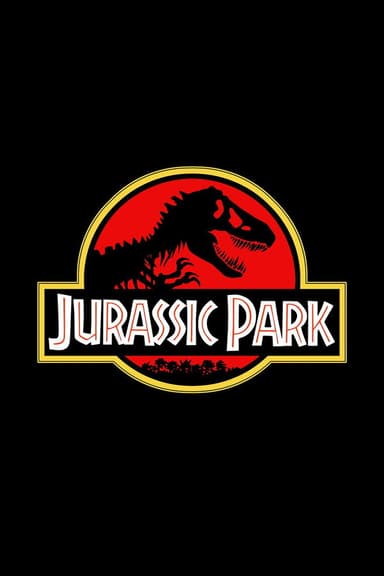
Kingdom of the Planet of the Apes
2024 • Action, Adventure, Science Fiction • PG-13
Several generations following Caesar's reign, apes – now the dominant species – live harmoniously while humans have been reduced to living in the shadows. As a new tyrannical ape leader builds his empire, one young ape undertakes a harrowing journey that will cause him to question all he's known about the past and to make choices that will define a future for apes and humans alike.
Runtime: 2h 25m
Why you should read the novel
While the movie 'Kingdom of the Planet of the Apes' dazzles with grand visuals and intense action sequences, the original novel by Pierre Boulle offers a thought-provoking experience that delves deep into philosophical questions about society, humanity, and intelligence. Reading the book gives you direct insight into the poignant satire and clever social commentary that spawned a legendary franchise, engaging your imagination and critical thinking far beyond what the screen can provide. For those eager to discover the roots of this cinematic universe, turning to Boulle’s text is a rewarding journey into the origins of the timeless conflict between ape and man.
Exploring the novel allows readers to experience the subtlety of character motives, the nuanced depiction of an inverted civilization, and the narrative twists that challenge perceptions of power and identity. The written form fosters a slower, more contemplative pace, inviting reflection and connection with the protagonist’s struggles in a world turned upside down. Moreover, Pierre Boulle’s storytelling presents fresh surprises distinct from those of the film series, giving readers new revelations even if they are familiar with the general premise.
Unlike any adaptation, the book’s ending delivers a powerful punch—its final twist provoking deep introspection about the nature of civilization and our place within it. For anyone who enjoys science fiction that is provocative and cerebral, reading 'Planet of the Apes' enriches your appreciation of the saga and leaves a lasting impression long after the last page.
Adaptation differences
One of the main differences between 'Kingdom of the Planet of the Apes' and Pierre Boulle’s original novel is the setting and timeline. The book unfolds on an alien planet named Soror, orbiting Betelgeuse, whereas the 2024 film—like others in the franchise—depicts a post-apocalyptic Earth hundreds of years after human civilization’s fall. This shift drastically changes the context for the story, rooting the film firmly in an alternate history rather than exploring interstellar travel and the true 'otherness' of the apes as Boulle originally conceived.
Characterization also diverges considerably. In the novel, the protagonist is Ulysse Mérou, a French journalist whose outsider perspective exposes both ape and human societies to readers’ scrutiny. The film franchise, including 'Kingdom,' primarily follows Caesar’s descendants and new leaders among the apes, focusing on internal struggles and wars within ape society. As a result, the introspective, almost anthropological tone of the novel is largely replaced by action-driven plots and interspecies conflicts.
Moreover, the treatment of human characters in the book and movie is strikingly different. Boulle’s humans are essentially mute and animalistic, and his apes are technologically advanced, mirroring 20th-century humans in culture and society. The film version reimagines humans as remnants of a lost civilization, often retaining memory and language, embodying a different form of tragedy and hope. This reworking fundamentally alters the dynamic between humans and apes, changing the narrative’s core questions about intelligence, civilization, and evolution.
Finally, the themes and conclusions reflect their respective mediums and eras. Boulle’s novel delivers a shocking twist ending designed to challenge human exceptionalism and provoke philosophical debate. The film ‘Kingdom of the Planet of the Apes’ builds upon the mythos established by previous cinematic entries, weaving in allegories of leadership, legacy, and tribalism, but generally offers a more conventional resolution. Where the book disorients and unsettles, the adaptation seeks to entertain and expand its epic universe, inviting audiences on a different kind of journey.
Kingdom of the Planet of the Apes inspired from
Planet of the Apes
by Pierre Boulle










